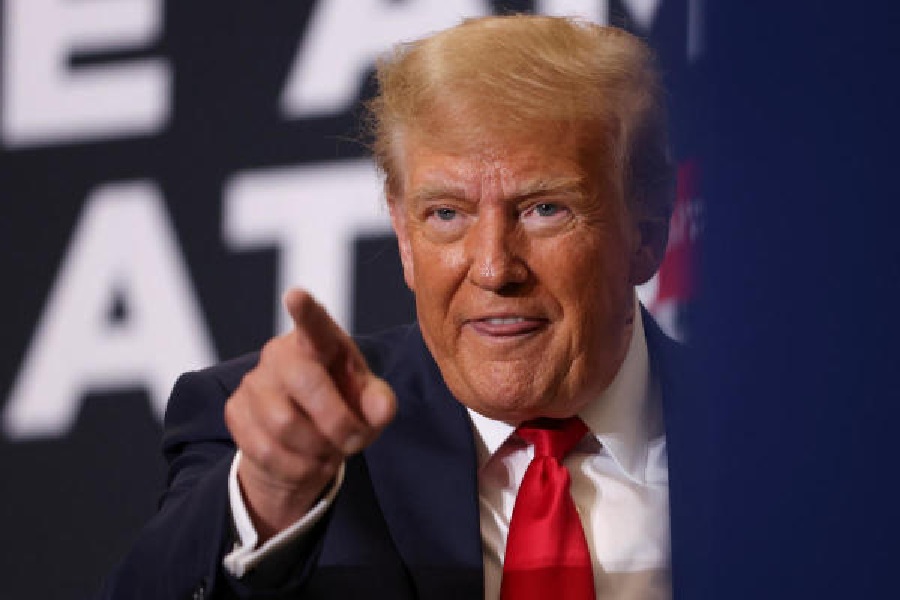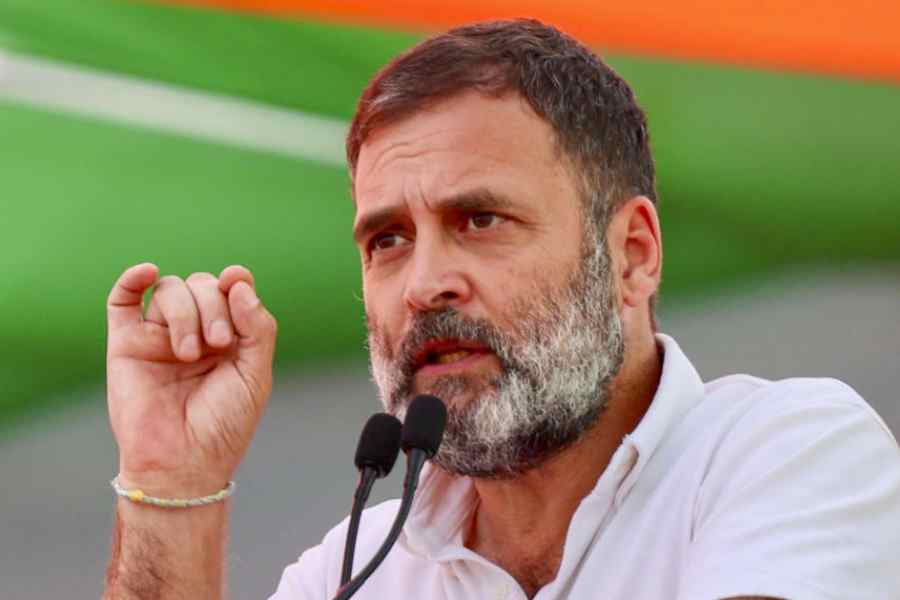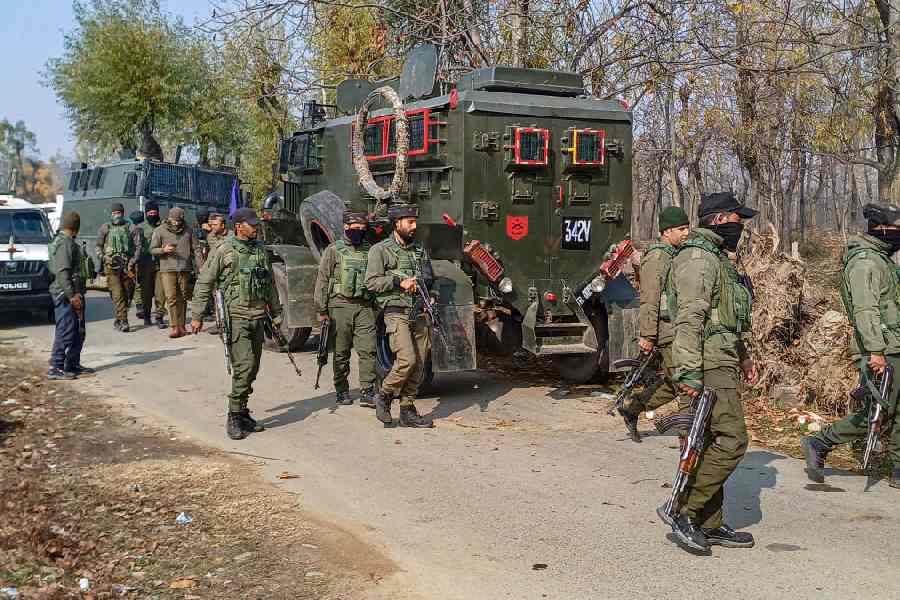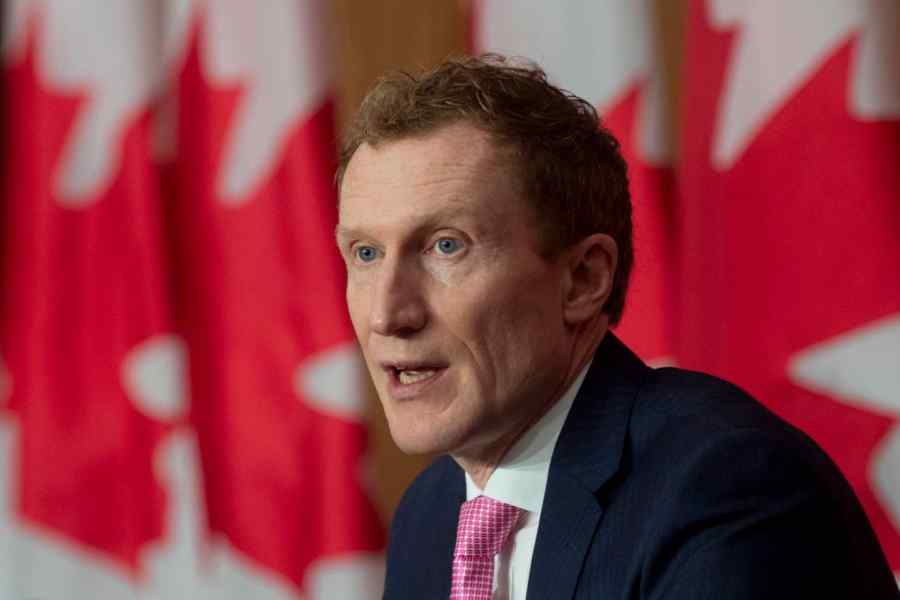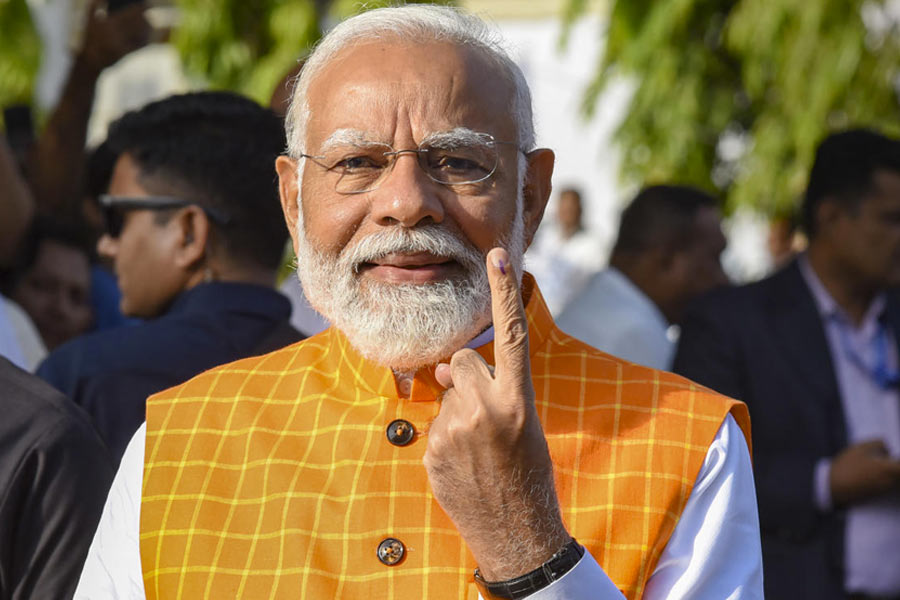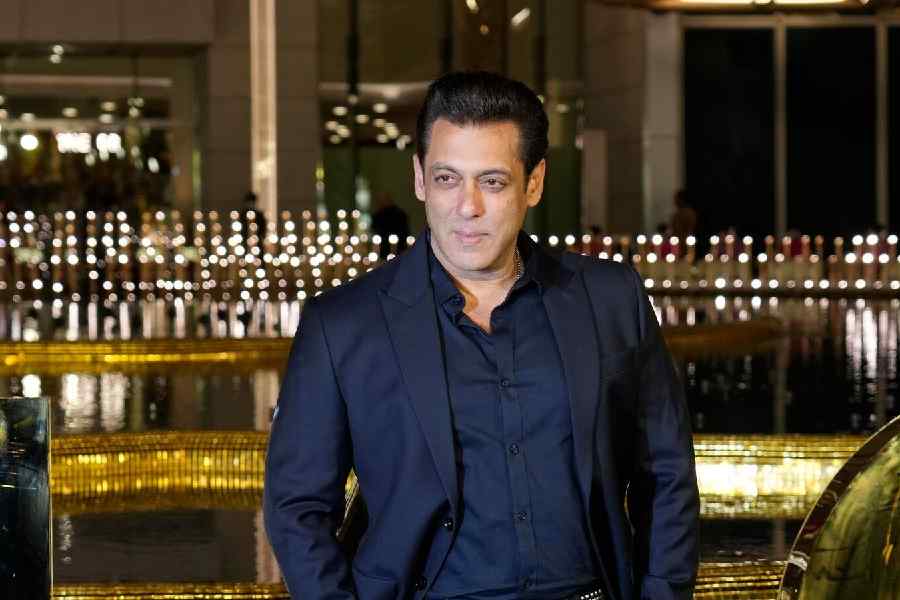In a recent campaign speech, Donald Trump, the former president of the United States of America, said that if he returns to power, he would let Russia do what it wants with members of the North Atlantic Treaty Organization that do not pay more for their own security. Mr Trump is miles ahead of his Republican rivals in his party’s nomination contest for the 2024 presidential election and many polls even suggest that he is leading against the incumbent president, Joe Biden, in key battleground states. Mr Trump’s comments have, unsurprisingly, stirred deep concerns within NATO, especially in Europe, as well as among sections of the political and strategic community in the US. Yet, the debate over his words largely glosses over two hard facts that go beyond rhetoric and might actually shape the future of NATO. First, Mr Trump’s sentiments echo a growing mood within the US against billions of dollars being spent on distant wars that often do little to improve Washington’s standing in the world or, indeed, US national security. Second, while Mr Trump will likely want to claim credit, no one has done more to get NATO nations to increase military spending than the alliance’s arch enemy: the Russian president, Vladimir Putin.
A Gallup poll in November showed that six out of ten Americans on average believe that the US should place restrictions on financial aid to Ukraine, which has been battling Russian aggression since the Kremlin’s full-fledged invasion began in February 2022. Other surveys in recent months have also shown how Republicans in particular are no longer inclined to support unchecked funding to Ukraine. A December poll by The New York Times and Siena College showed that a vast majority of American voters disapprove of Mr Biden’s handling of Israel’s brutal war in Gaza in which more than 28,000 people, mostly women and children, have been killed. The US is Israel’s biggest supplier of arms and aid. At the same time, data suggest that it is Russia’s war on Ukraine, more than Mr Trump’s threats, that has made Europe sharply increase its defence funding. NATO estimates that in 2024, 18 of its nations will spend more than 2% of their gross domestic product — the benchmark set by the alliance — on defence, up from seven countries in 2022. The message is clear: the world is simultaneously preparing for the prospect of more devastating wars and is weary of getting drawn into more conflict. Leaders must listen before it is too late.

